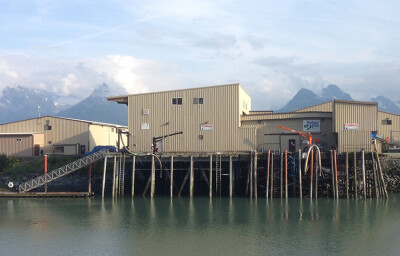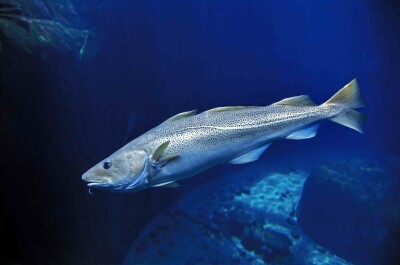I would like to thank Greenpeace for offering this opportunity to advertise our research and its results.
Greenpeace is unable to attack the science I and my collaborators do; science that threatens their repeated assertions that overfishing is universal and that the oceans are being emptied.
On the contrary it is clear that where effective fisheries management is applied, stocks are increasing not declining, and this is true in North American and Europe as well as a number of other places. Overfishing certainly continues to be a problem in the Mediterranean, much of Asia and Africa.
The timing of Greenpeace’s attack is not random. In two weeks I will receive the International Fisheries Science Prize at the World Fisheries Congress.
This prize is awarded every four years by fisheries science organizations from a number of countries including the U.S., Australia and Japan. In my plenary address I will be showing where overfishing is declining or largely eliminated, as well as where it remains a problem. This is a message Greenpeace seeks to discredit.
Instead of focusing on the science, Greenpeace has alleged that I failed to disclose “large amounts of money from the fishing industry and other corporate interests.”
The essential issue is conflict of interest. Greenpeace seems to believe that industry funding is tantamount to a conflict of interest, regardless of its purpose. Thus, any time I discuss fisheries I would need to disclose each and every grant or contract I have ever received as a conflict of interest. Taking that approach I would also have to disclose funding from all of the environmental NGOs that have also helped to fund our research and education efforts, including the Society for Conservation Biology, the Sierra Club Legal Defense Fund, the Natural Resources Defense Council and the Environmental Defense Fund. Perhaps I would also need to disclose the numerous private foundations and government agencies that have funded our work every time I discuss fisheries. The list of funders would be as long as some of the papers. I, like all reputable scientists, take conflict of interest seriously. This is one reason we acknowledge all funders of the research work discussed in each paper at the end of the document.






